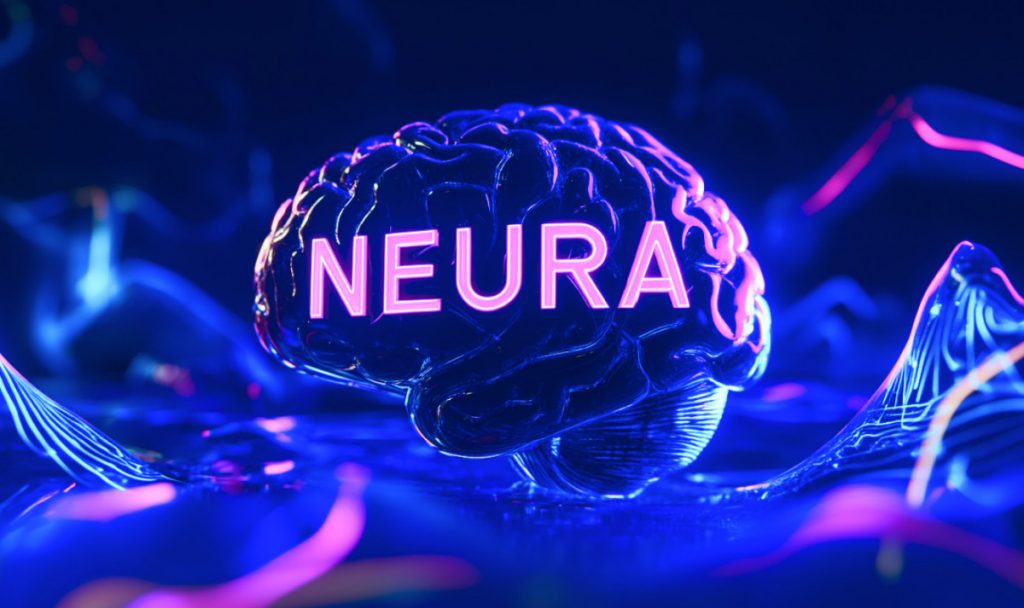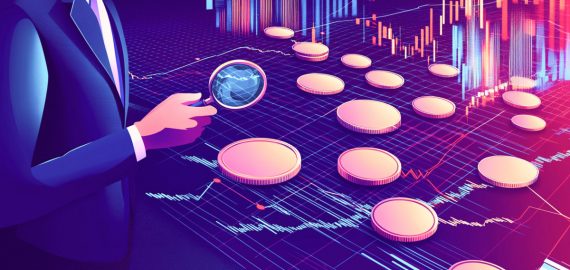Neura Blockchain Seeks To Liberate AI Development From Big Tech


Startups intensify demand for decentralized artificial intelligence platforms as fears of Big Tech’s AI domination rise.
AI has maintained its top-of-mind status for organizations and investors this year. Some claim AI’s bubble will burst, while others are certain that the tech’s rapid advancement is more than worth sky-high valuations. However, at the forefront of many founders’ minds is a looming fear—that Big Tech companies are quickly buying the future of the most important technology introduced this century while expanding their oligopolies.
One organization is rolling out a solution armed with tech that has been famously employed to decentralize other power consolidation issues in money, data, and computation – blockchain. The Neura blockchain will introduce an alternative to centralized AI infrastructure, but will it be enough to combat the moat surrounding Big Tech’s AI stronghold? Many startups may be tempted to find out as critical AI issues begin to boil over.
As a handful of companies stockpile the available data, GPU, and developer power resources, startups are left with what they can scrape funding for. In some cases, compute costs alone can account for a staggering 80% of capital raised. This places the development of AI in the hands of a declining few.
The big question is, who has the right to decide what we can do with AI? The path of AI’s future is currently controlled by companies with billions at their disposal, and the consequences have been predictable. Prominent figures like Elon Musk have spoken out against the censorship and dissemination of ‘woke’ narratives from models such as Google’s Gemini. Musk embedded his own anti-censorship agenda into his xAI, enabling users to generate questionable images that break typical copyright and censorship norms. In short, those calling the shots on AI’s direction are the same entities already dominating a vast portion of our daily lives.
Big Tech’s browsers, media curation, and media ownership have largely controlled what information we can interact with and consume. The introduction of AI models by the same companies will make them some of the most powerful entities in the world, as they will not only control what information is seen but also control a massive swathe of all new content, art, and information created with AI. Increased corporate control is perhaps not even the most pressing problem with AI’s power concentration, as heedless AI development includes risks such as rogue AI or exacerbated cyber warfare.
Most people now see the problems surrounding AI’s concentration of power. What remains is what can be done about it.
The Neura blockchain acts as a new decentralized operating system for AI that seeks to revamp three critical areas of the artificial intelligence development process. The team hopes to free AI from Big Tech’s limited control and democratize access to resources necessary for widespread building.
The first way Neura’s blockchain ecosystem aims to help small to medium-sized development teams is the framework for Initial Model Offerings. IMOs make the capital raising process seamless for startups as they can crowdfund their AI models with the use of tokenized ownership. As community members purchase non-fungible tokens of AI projects on the Neura blockchain, they earn the rights to use the AI models, receive partial ownership, or receive a cut of the revenue generated by the AI. IMOs open the doors for small teams to compete with companies with billions of R&D dollars at their disposal.
Another crucial way that the Neura platform democratizes AI development is its GPU marketplace. Neura provides AI builders access to a network of scale-as-you-go GPU resources that solves the problem of finding enough coveted hardware to satisfy dynamic operations. With an AI-specific GPU cloud at the ready, developers don’t need to seek out costly cloud services from Big Tech companies or worry about purchasing and running their own hardware. This removes an imposing barrier to entry for a swarm of AI developers.
The third most critical way Neura evens the playing field with Big Tech is by integrating security and capital from crypto’s biggest player—Bitcoin. The Neura blockchain is secured by Bitcoin via the Babylon protocol, which allows Bitcoin holders to stake their tokens to secure Neura in return for a cut of its network fees. This creates an unassailable security shield for Neura’s AI models, ensuring the safest possible environment for startups and end-users alike.
For the above reasons, the Neura blockchain is gaining much attention ahead of its mainnet launch, anticipated in Q4 of this year. As AI startups anticipate receiving crowdsourced funding, plentiful GPU, and a highly secure environment within the resource-rich crypto ecosystem, they could finally find a platform that can even their odds with Big Tech’s enormous resources. With platforms like Neura, many AI advocates hope that the technology’s development will take a more open, democratic, and user-driven path to the future that starkly contrasts the dark outlook of Big Tech’s continued rule.
Disclaimer
In line with the Trust Project guidelines, please note that the information provided on this page is not intended to be and should not be interpreted as legal, tax, investment, financial, or any other form of advice. It is important to only invest what you can afford to lose and to seek independent financial advice if you have any doubts. For further information, we suggest referring to the terms and conditions as well as the help and support pages provided by the issuer or advertiser. MetaversePost is committed to accurate, unbiased reporting, but market conditions are subject to change without notice.
About The Author
Gregory, a digital nomad hailing from Poland, is not only a financial analyst but also a valuable contributor to various online magazines. With a wealth of experience in the financial industry, his insights and expertise have earned him recognition in numerous publications. Utilising his spare time effectively, Gregory is currently dedicated to writing a book about cryptocurrency and blockchain.
More articles

Gregory, a digital nomad hailing from Poland, is not only a financial analyst but also a valuable contributor to various online magazines. With a wealth of experience in the financial industry, his insights and expertise have earned him recognition in numerous publications. Utilising his spare time effectively, Gregory is currently dedicated to writing a book about cryptocurrency and blockchain.


















































